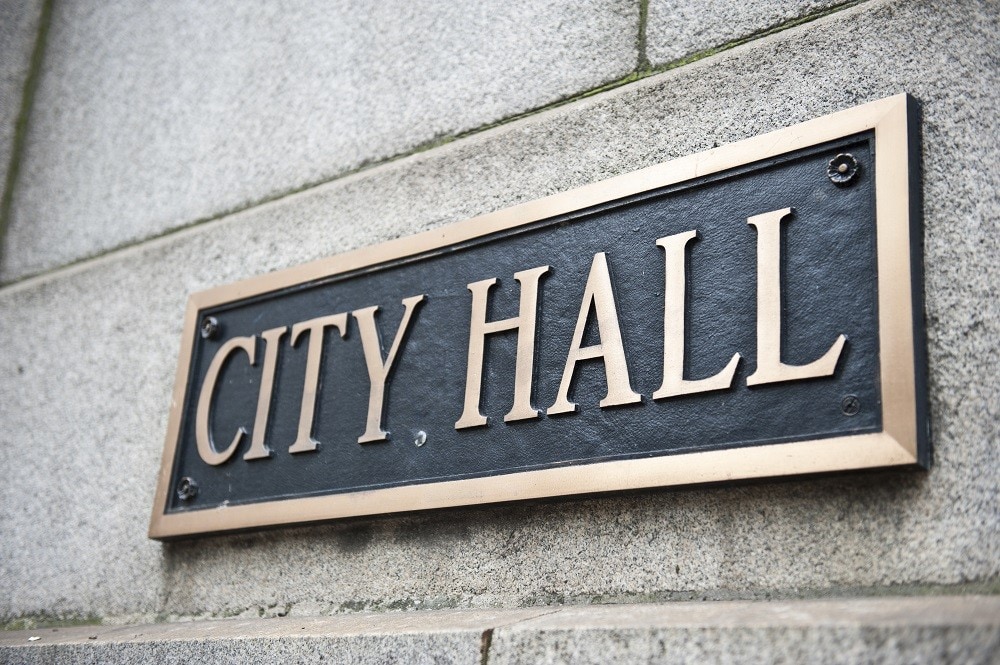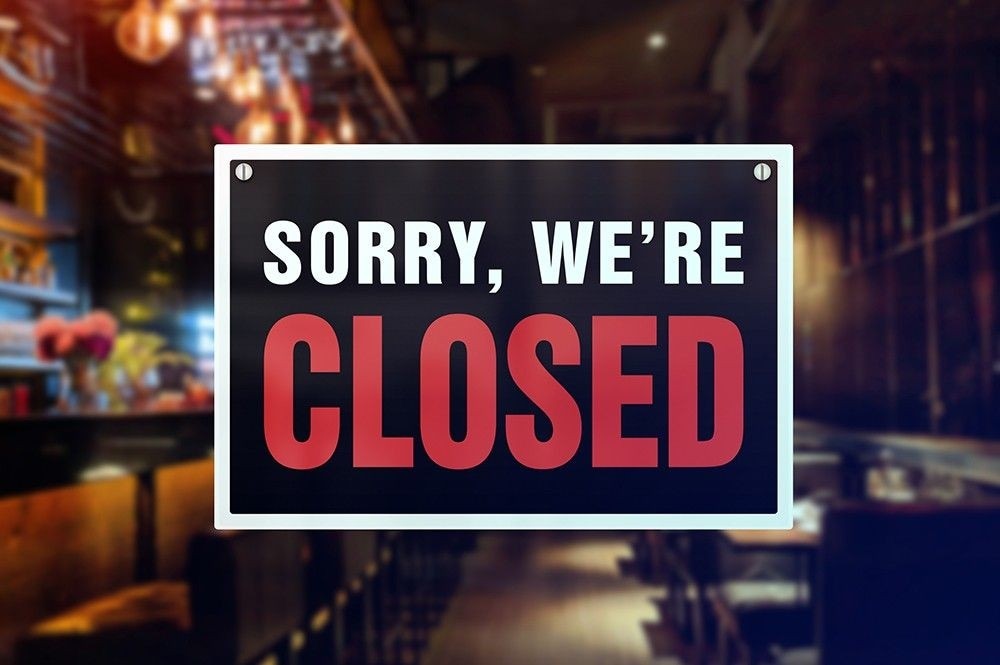A Guide to Your Restaurant’s Business Permits: Mayor’s & Barangay Requirements
Learn the steps to secure and renew your restaurant’s barangay and mayor’s business permits to stay compliant and avoid penalties.
All businesses in the Philippines, including restaurants, must secure business permits to operate legally. Applying for a barangay business permit and a mayor’s business permit may seem daunting, especially for new entrepreneurs. However, these are essential for building credibility, complying with local regulations, and protecting your business from fines or closure.
This guide explains how to apply for these business permits and outlines the renewal process. It also covers deadlines, business permit requirements, and step-by-step filing instructions.
What is a Business Permit?
A business permit is a legal document that the Philippine government requires businesses to secure before operating. It proves that your business abided and complies with all local laws and regulations, including paying taxes and other necessary fees. It also shows that you have obtained additional permits and approvals from agencies that monitor business operations.
These permits allow you to operate in a specific location, such as a barangay or under the jurisdiction of a mayor. If you operate without them, you risk penalties, fines, or even closure.
Types of Business Permits

Here’s a list of business permits in the Philippines you must obtain:
1. Barangay business permit
A barangay clearance is a requirement for many legal and financial transactions within the local government unit. It certifies that your business complies with the rules and conditions of the barangay in which it operates. It also serves as proof of your business location.
2. Mayor’s business permit
A mayor’s permit is a way for your logal government unit (LGU) or municipality to monitor all businesses operating within their jurisdiction, including taxes you must pay. It also establishes your business’ legitimacy with the local government. A business permit is a must for all types of entities, whether a sole proprietorship, partnership, or corporation.
3. BIR Certificate of Registration
A Certificate of Registration with the BIR proves that your business is a registered and legal taxpayer. It gives you the rights to print receipts, register books of accounts, and provide Tax Identification Numbers (TIN) for your employees.
Barangay Business Permit
A barangay permit is the first step in securing the necessary legal documents to run a restaurant. It ensures that the local government has your business registered within their jurisdiction and helps in maintaining peace, order, and proper collection of local taxes.
Barangay permit requirements
To apply for a barangay permit, you need to submit the following:
● DTI/SEC registration or business name registration
● Lease contract or proof of ownership of business location
● A valid government-issued ID, like the national ID, driver’s license, or passport
● Clearance certificates
● Taxpayer Identification Number (TIN)
How to get mayor’s permit
Follow these steps for applying for your permit from the barangay:
- Gather documents and make photocopies.
- Visit your barangay hall and go to the business permits and licensing office.
- Submit all documents for review.
- Pay the fees based on your business type and size.
- Wait for permit processing, which may take several days.
How to renew your barangay business permit
Renew your barangay permit annually. The deadline is usually January 20, but it may vary by barangay. The renewal process is similar to the initial application:
- Fill out the business renewal form and submit at the barangay hall.
- Submit updated documents:
a. Previous year’s barangay certificate (original and copy)
b. Previous year’s proof of payment (original and copy)
c. Tax payment receipts
d. Lease contract - Pay the renewal fees.
- Wait for permit processing and confirmation.

Mayor’s Business Permit
The processes for initial application and business permit renewal vary by location, so it’s best to check with your LGU for specific requirements.
Many LGUs require businesses to prepare all documentary requirements and payments before visiting a “Negosyo Center” at their LGU or the Business Permits and Licensing Office (BPLO) located at their City Hall to submit their renewal applications onsite. Other LGUs like Manila City, Quezon City, and Parañaque City have online portals to process applications.
Mayor's permit requirements
Here are the general requirements you need to submit to obtain a mayor’s permit:
● Application form
● Barangay business permit
● Community tax certificate
● Clearances from other agencies and entities, like homeowners and MMDA
● DTI/SEC registration or business name registration
● Taxpayer Identification Number (TIN)
● Fire safety inspection certificate
● Zoning clearance
● Certificate of occupancy
● Building permit
● Lease contract
How to get mayor’s permit
Follow these steps for applying for your permit from the barangay:
- Secure all required documents, permits, and clearances.
- Submit your application form and requirements to the Bureau of Permits (BP) or Business Permit and Licensing Office (BPLO) at the City/Municipal Hall.
- Have your documents assessed by an LGU officer, who will compute your fees.
- Submit the official billing assessment and other documents to the designated office.
- Pay all fees for permits and licenses.
- Obtain any additional necessary permits.
- Wait for permit processing and confirmation.
How to renew your mayor’s business permit
You also need to renew your mayor’s permit annually. The deadline is usually January 20, but it may vary by LGU. Follow this renewal process but take note that the steps and requirements may vary per city or municipality:
- Fill out the business renewal form.
- Gather all required documents:
a. Previous year’s business permit and official receipt
b. Community Tax Certificate (Cedula)
c. Latest income tax returns (annual, monthly, or quarterly)
d. Lease contract
e. DTI or SEC registration
f. Information on number of employees at the time of renewal
g. SSS/Pag-IBIG/Philhealth registrations of employees at the time of renewal
i. Sanitary permit
j. Fire safety inspection certificate - Secure the barangay permit.
- Submit all documents to the BP or BPLO for assessment.
- Pay all fees for permits and licenses.
- Obtain any additional necessary permit
- Wait for permit processing and confirmation.
What Will Happen If a Business Operates Without Permits?

Operating without a barangay business permit or mayor’s business permit can result in serious consequences. The penalty for no business permit in the Philippines includes:
● Fines
● Suspension or closure of the business
● Possible legal action from the local government
The same goes for failure to renew your permits. You may have to pay fees charged by the Bureau of Internal Revenue (BIR) and your local government unit (LGU) and incur other penalties like the seizure of assets.
Securing and renewing your barangay and mayor’s business permits ensures your food business operates smoothly, avoids penalties, and stays financially sound. Always check your LGU’s official website and social media accounts for specific details or refer to the common processes and requirements listed above. And don’t let legal hurdles slow down your success – rely on Unilever Food Solutions for expert resources and step-by-step guides to help your biz thrive.
What you'll get:
- Access to free Chef trainings
- The best recipes and tips from Chefs around the world
- The latest culinary trends